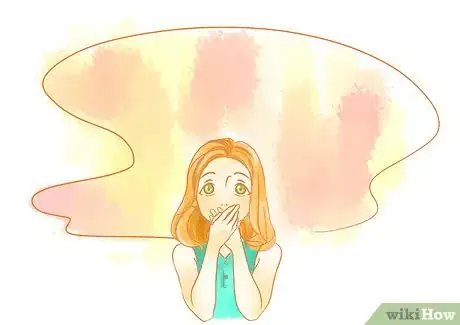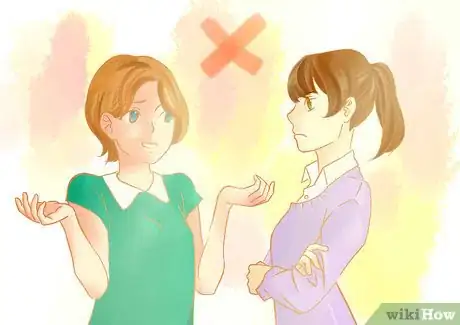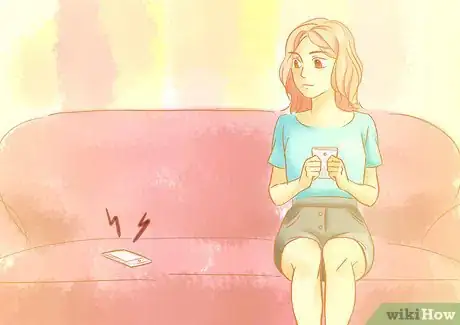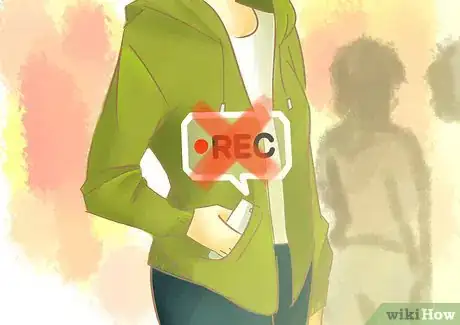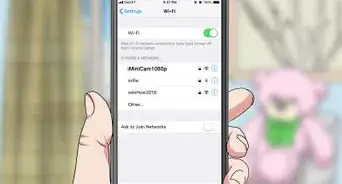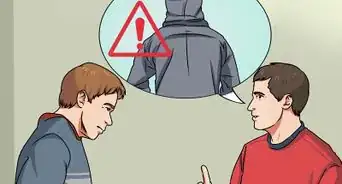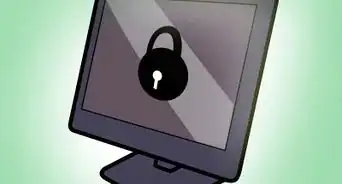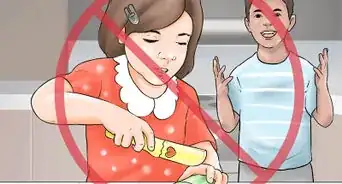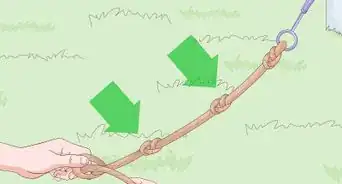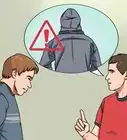X
wikiHow is a “wiki,” similar to Wikipedia, which means that many of our articles are co-written by multiple authors. To create this article, 9 people, some anonymous, worked to edit and improve it over time.
This article has been viewed 24,082 times.
Learn more...
It can be really tempting to eavesdrop on other people's conversations, whether they're your neighbors, your parents, or the loud stranger taking a phone call outside. But eavesdropping can be rude and even dangerous. How do you stop eavesdropping? We'll give you a list of ways you can switch up your thought process around eavesdropping and stop listening in to private conversations.
Steps
Community Q&A
-
QuestionI heard my friend fighting with her boyfriend and then starting to cry over the phone. I tried not to hear. I want to do something for her but I don’t want her to know I heard her. What should I do?
 MusicIsEverywhereCommunity AnswerTell her something like, "I am sorry, but I couldn't help but to overhear your fight. Are you okay? Is there anything I can do to help?" That way, she will know that you didn't intend to eavesdrop and that you are genuinely concerned and want to help. The worst that can happen is that she says, "I appreciate you trying to help, but I am simply not comfortable with you getting involved in this."
MusicIsEverywhereCommunity AnswerTell her something like, "I am sorry, but I couldn't help but to overhear your fight. Are you okay? Is there anything I can do to help?" That way, she will know that you didn't intend to eavesdrop and that you are genuinely concerned and want to help. The worst that can happen is that she says, "I appreciate you trying to help, but I am simply not comfortable with you getting involved in this."
Advertisement
Warnings
- Be aware that getting caught eavesdropping could land you in real hot water. Some people will yell at, attack, or even call the police on someone they catch listening in on their private conversations.⧼thumbs_response⧽
- Do not eavesdrop on someone's private conversation with intent to gather information to help the person with their situation. It's still none of your business, and if they're already discussing their personal situation in their conversation, that means they're already seeking and receiving help for it. Besides, if they want your help, they will ask you for it.⧼thumbs_response⧽
- Also, do not secretly procure or pay a spy to listen in on a private conversation you have with someone as a "prank" to the person you're talking to (not even if it's April Fools Day). It's just too hurtful and damaging to work as a practical joke.⧼thumbs_response⧽
- In addition to avoiding eavesdropping, if you're having a private conversation with someone, don't knowingly let any other person listen to or hear the conversation without the prior consent of the person you're talking to. If you're having a private conversation with someone, and you notice someone eavesdropping, quietly move the person you're talking to to another location, or confront the eavesdropper.⧼thumbs_response⧽
Advertisement
About This Article
Advertisement
